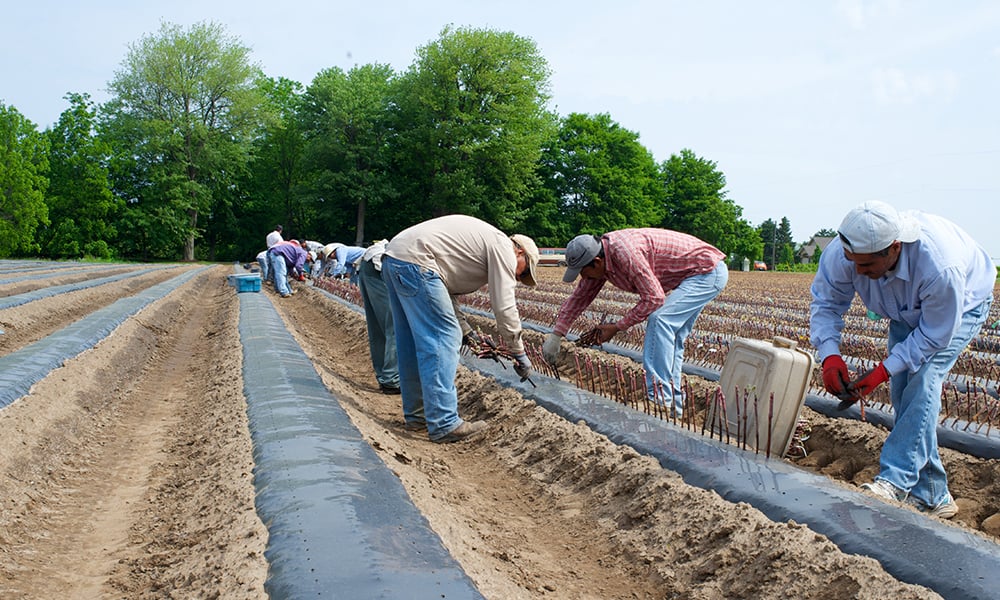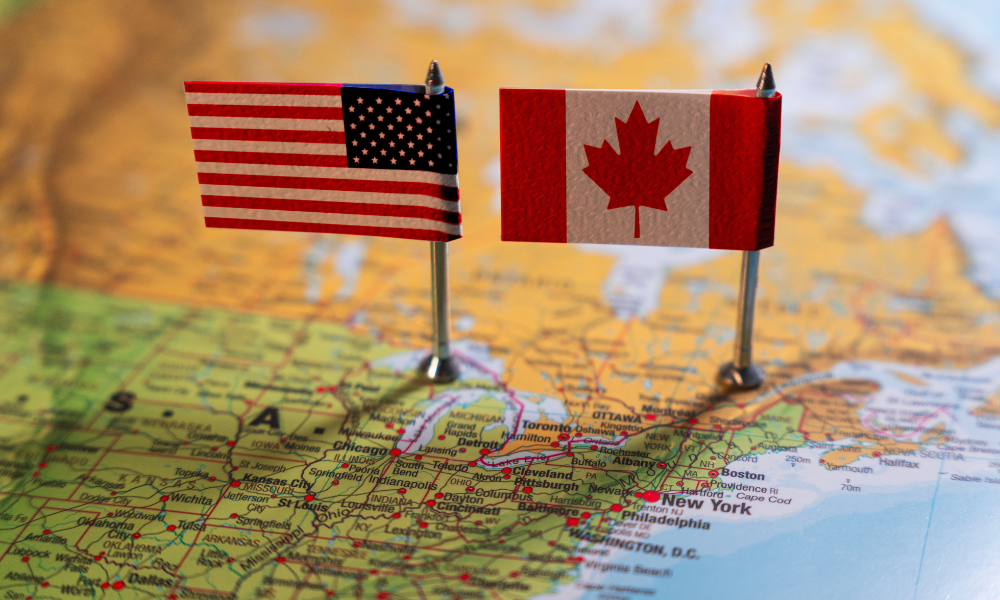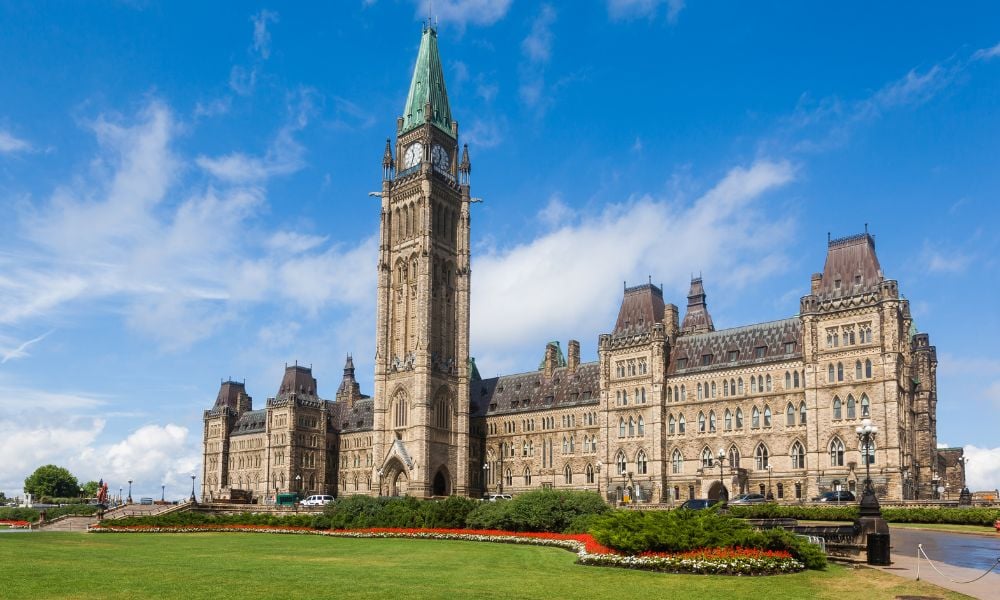Pandemic highlights plight of many migrant workers

As we’ve seen with the likes of long-term care homes and racial inequalities in health care, the COVID-19 pandemic is putting a spotlight on issues that have been long-simmering problems.
That includes the plight of many of Canada’s migrant workers, who have been challenged for years with hardships such as low wages, inhospitable working and living conditions, immigration issues and safety concerns.
More recently, three migrant workers have lost their lives because of the virus, while others are in intensive care after outbreaks at several farming facilities.
Overall, this is not a small group. In 2017, migrant workers accounted for more than 40 per cent of all agricultural workers in Ontario, and more than 30 per cent of the agricultural workers in Quebec, British Columbia and Nova Scotia, according to the Migrant Workers Alliance for Change (MWAC).
But it sounds like their conditions are worsening amid the pandemic. A recent report from the MWAC outlines numerous complaints by the workers including the assertion that employers are not taking COVID-19 precautions, and that workers have been unable to socially distance themselves or receive decent food or income while in quarantine when they arrive in Canada. Many say the housing conditions have worsened with a lack of essential supplies, reduced cleanliness and cramped quarters.
In addition, there are claims that intimidation, surveillance, threats and racism have greatly increased, while many workers claim they’ve been forced to work longer hours, without appropriate breaks, and suffered physical injuries as a result.
It’s true, some workers have been afraid of being tested for the virus because of fears they will lose their jobs. But government is doing its best to reassure them this will not happen.
Permanent residency
One big part of the solution is granting permanent resident status so that the workers can assert their rights, says the MWAC.
“Most of the workers we spoke to knew they would fall sick because of their living and working conditions but could not speak up because doing so means termination, homelessness, loss of income, deportation and not being able to come back in the future,” says report co-author and MWAC campaigns coordinator, Karen Cocq. “To stop this grave crisis from worsening, it is necessary that all migrants be given permanent resident status immediately.”
Full immigration status will end the differential treatment of migrants, ensuring people get basic social entitlements while protecting their wages and working conditions, says the alliance.
“The federal government has given nearly a billion dollars to agri-food businesses, while migrants who actually grow the food are falling sick and dying,” says Sonia Aviles, an MWAC organizer who staffs one of the hotlines where the complaints were made. “We need the federal and provincial government to go in and see what’s going on, and fix things to ensure workers are protected before more people die - that means snap inspections, social distancing measures and permanent resident status.”
I don’t pretend to fully appreciate the gravity of the situation, or the challenges involved, but the call for permanent residency is not a new one, what with the many reports of abuse and injuries, if not death, among migrant workers in the agriculture industry over the years.
And it would appear, despite best efforts in other areas, such as unionization and petitions, this change would make a big difference for workers who contribute so much to our economy, and often suffer for their efforts.
“The solution is clear — give these workers a chance to live permanently in Canada. Give them a chance to escape a never-ending cycle that perpetuates injury and disease. We do this for other streams of temporary workers we need in Canada,” says Robert Russo, lead faculty lecturer for the master of common laws program at the Peter A. Allard School of Law at the University of British Columbia, in a June 22 article.
“Prime Minister Justin Trudeau should finally enact a dedicated path to permanent residency for workers coming from SAWP [Seasonal Agricultural Worker Program] countries and agricultural workers entering under the Temporary Foreign Worker Program from other countries... Is it such a big price to pay for our society to give these workers and their families a chance to live a safe, healthy life in Canada permanently?”
If the severity of the COVID-19 pandemic isn’t enough to push for change in this sector, what is?




